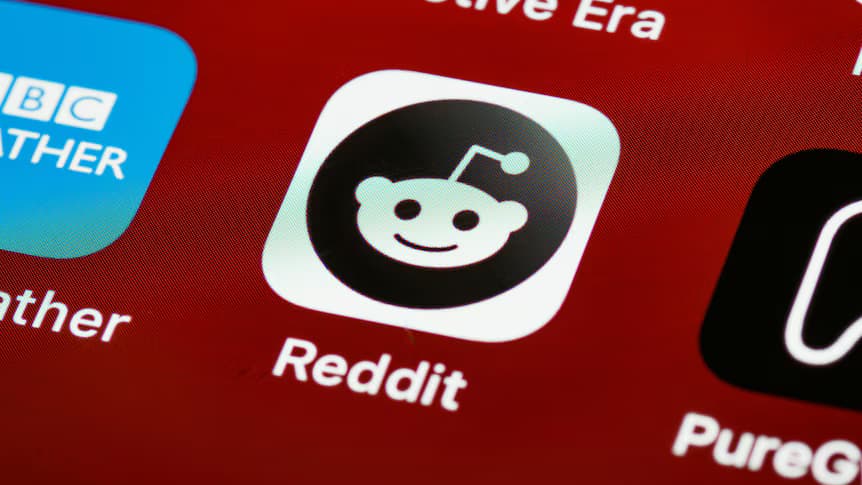We're loading the full news article for you. This includes the article content, images, author information, and related articles.
As Australia enacts a world-first social media ban for under-16s, including Reddit and Kick, the move sharpens focus on Kenya's own push for mandatory age verification to shield minors online.

The Australian government has expanded its pioneering social media ban for children under 16, adding popular forum site Reddit and live-streaming platform Kick to a restricted list that already includes giants like Facebook, TikTok, and Instagram. Effective from Wednesday, 10 December 2025, EAT, the law will compel tech companies to take "reasonable steps" to deactivate existing accounts and block new ones for underage users. Non-compliant firms face staggering fines of up to A$50 million (approximately KSh 4.2 billion), as confirmed by Australia's Federal Communications Minister, Anika Wells.
The move is part of a broader strategy to protect children from online harms. Australia's eSafety Commissioner, Julie Inman Grant, stated that delaying children's access to these platforms provides them "valuable time to learn and grow, free of the powerful, unseen forces of harmful and deceptive design features such as opaque algorithms and endless scroll." The list of nine targeted platforms, which also includes X (formerly Twitter), Snapchat, YouTube, and Threads, was selected because their "sole or a significant purpose is to enable online social interaction," according to the government. However, messaging services like WhatsApp and gaming platforms such as Roblox are currently exempt.
Australia's decisive action resonates strongly with ongoing policy developments in Kenya, where regulators and legislators are pursuing similar goals of child online protection. In May 2025, the Communications Authority of Kenya (CA) rolled out comprehensive "Industry Guidelines for Child Online Protection and Safety." These guidelines mandate that all Information and Communication Technology (ICT) providers, including social media companies, must implement age-verification mechanisms to restrict access to harmful content and protect minors.
The CA's framework requires service providers to develop child-focused safety policies, offer parental controls, and ensure heightened privacy settings by default. Going a step further, Aldai MP Marianne Kitany sponsored the Kenya Information and Communications (Amendment) Bill, 2025. If passed, this bill would require all social media users in Kenya to verify their age using their national biometric identification cards, a measure intended to close loopholes in self-declaration systems that children easily bypass.
These Kenyan initiatives underscore a growing consensus within the country that the digital ecosystem requires stricter oversight to safeguard its youngest users. The CA has emphasized that child protection is a "shared societal responsibility," involving government, industry, and parents.
The regulatory push in both Australia and Kenya is part of a burgeoning global trend. Lawmakers in the United States, the European Union, and New Zealand are grappling with the same challenge, proposing and enacting various forms of age-verification laws to curb the negative impacts of social media on youth mental health and safety. This international momentum signals a significant shift from self-regulation by tech companies to state-led intervention.
However, these measures are not without controversy. Critics, including over 140 academics who penned an open letter to the Australian Prime Minister, argue that age-gating is a "blunt instrument" that could compromise the privacy of all users through extensive data collection required for verification. Digital rights advocates also raise concerns about freedom of expression and the potential for such bans to cut off vital support networks for marginalized youth, including those in the LGBTQI+ community, who often find community online. Mental health organizations like Headspace in Australia have warned that an outright ban could push young people to less regulated corners of the internet and make them less likely to seek help when they encounter problems online.
Proponents, however, maintain that the risks are too great to ignore. They point to mounting evidence of harm linked to excessive social media use, including increased rates of anxiety, depression, and exposure to cyberbullying and inappropriate content. As Minister Wells articulated, platforms use sophisticated technology to target users, and governments are now demanding they use that same power to protect children. The outcomes of Australia's bold experiment will be closely watched in Nairobi and capitals around the world as nations collectively navigate the complex challenge of creating a safer digital future for the next generation. FURTHER INVESTIGATION REQUIRED on the precise technological methods platforms will use for age verification and their efficacy.
Keep the conversation in one place—threads here stay linked to the story and in the forums.
Sign in to start a discussion
Start a conversation about this story and keep it linked here.
Other hot threads
E-sports and Gaming Community in Kenya
Active 9 months ago
The Role of Technology in Modern Agriculture (AgriTech)
Active 9 months ago
Popular Recreational Activities Across Counties
Active 9 months ago
Investing in Youth Sports Development Programs
Active 9 months ago
Key figures and persons of interest featured in this article